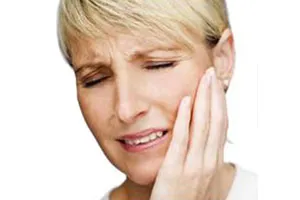TMJ disorders cause tenderness and pain in the temporomandibular joint (TMJ) — the joint on each side of your head in front of your ears, where your lower jawbone meets your skull. This joint allows you to talk, chew and yawn.
TMJ disorders can be caused by many different types of problems — including arthritis, jaw injury, or muscle fatigue from clenching or grinding your teeth.
Provider Note: If it has been determined through our evaluation that the TMJ problems are muscular in nature, we will utilize FDM, stretching, and rehabilitative exercises. There are other measures, such as night guards that can be utilized as well.

